Industrial Heating Pipes Insulation
INDUSTRIAL HEATING PIPES
Industrial Heating Pipes are commonly used for heating, sterilising and processing water and various other products across several industries, specifically food and chemical. Industrial heating pipes help maintain temperature control by providing uniform heating and importantly, stop water and various other products from solidifying.
BENEFITS
- Efficient Heat Transfer: Industrial heating pipes are designed to optimise heat transfer, ensuring heat is delivered effectively without significant energy losses.
- Cost Savings: These pipes help reduce energy consumption and operational costs by efficiently transferring heat.
- Precision Temperature Control: Heating pipes allow precise temperature control, ensuring that industrial processes are carried out with efficiency.
- Reliable Performance: Industrial heating pipes are built to withstand harsh operating conditions and offer reliable performance over extended periods.
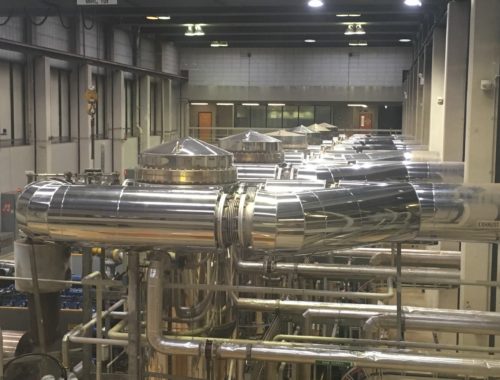
SUITABLE INDUSTRIES OF HEATING PIPE INSULATION
- Oil and Gas
- Food
- Energy
- Tank Storage
- Pharmaceutical
- Dairy
- Petrochemical and Chemical
- Power
- Wastewater treatment plants
HOW WE HELP
Our expertise in Industrial Heating Pipes Insulation in Australia is second to none. We provide comprehensive insulation solutions that not only address thermal and sound insulation needs, but also offer fire protection. These solutions are suitable for a diverse range of applications and temperature ranges, from cryogenic to high-temperature pipes in power plants.
We understand the unique challenges you encounter when trying to quickly and seamlessly install the correct insulated pipes on site, while staying within budget. Our pre-insulated piping systems are meticulously designed to ensure efficiency, reliability, and durability

WHY US?
Experience
Our team has built a reputation in the heating pipes and insulation industry over two decades. We pride ourselves on delivering top-quality and reliable insulation solutions, specialising in fabricating, installing, repairing, and maintaining thermal and acoustic insulation for industrial heating pipes.
Expertise
Therma-Safe Insulation brings extensive experience to insulation projects of all sizes, whether they're local, regional, metropolitan, or interstate. Our end-to-end expertise encompasses everything from providing accurate estimates to skilled fabrication, fitting, and maintenance of your heating pipe insulation.
End-to-End Solutions
We offer bespoke insulation solutions for various industry sectors. Our specialisation in Industrial Heating Pipes Insulation ensures optimal temperature control, reliability, and cost savings for our clients' business operations. We are dedicated to addressing all your insulation needs.
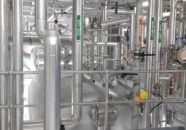
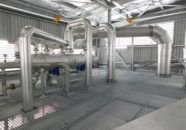
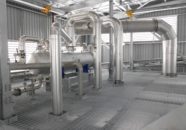
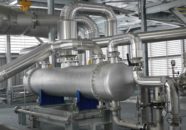

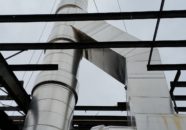

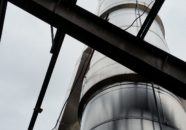
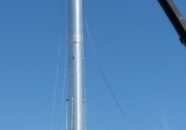
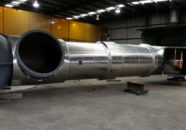


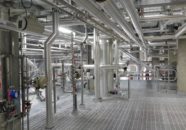
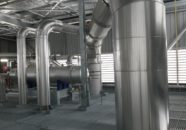
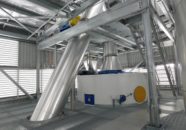
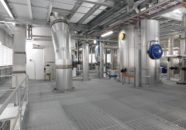
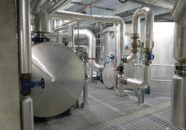
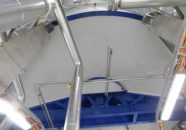
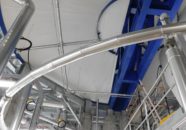
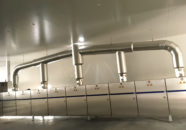
GET A QUOTE
We Solve Your Insulation Needs!
Reach out to our team to discover leading solution for your industrial heating pipe insulation needs.
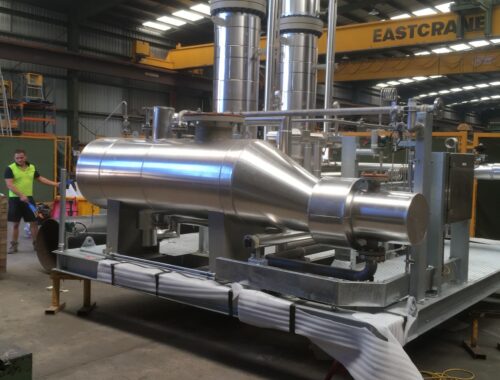
FAQs
Can the insulation of heating pipes contribute to energy savings?
Insulating heating pipes can significantly contribute to energy savings. By effectively reducing heat loss, insulation ensures that the energy used to heat the medium being transported is maximised. This optimisation results in less energy being required to maintain the desired temperature, thereby reducing energy consumption. Furthermore, it can also prevent unnecessary heat dissipation into the surroundings, making the overall environment more energy-efficient. So, not only does it lead to cost savings, but it also promotes sustainable and environmentally-friendly operations.
Why is insulating heating pipes essential in industrial facilities?
Insulating heating pipes in factories is crucial for several reasons. Firstly, it helps maintain the thermal stability of the medium being transported, a crucial factor for process reliability. It also boosts energy efficiency by providing thermal insulation, which minimises heat loss. For safety considerations, insulation protects personnel from potential harm caused by hot surfaces. Moreover, it mitigates corrosion risks by curbing humidity and condensation. Additionally, it helps reduce noise produced by turbulence and provides passive fire protection, enhancing the overall safety of the plant.